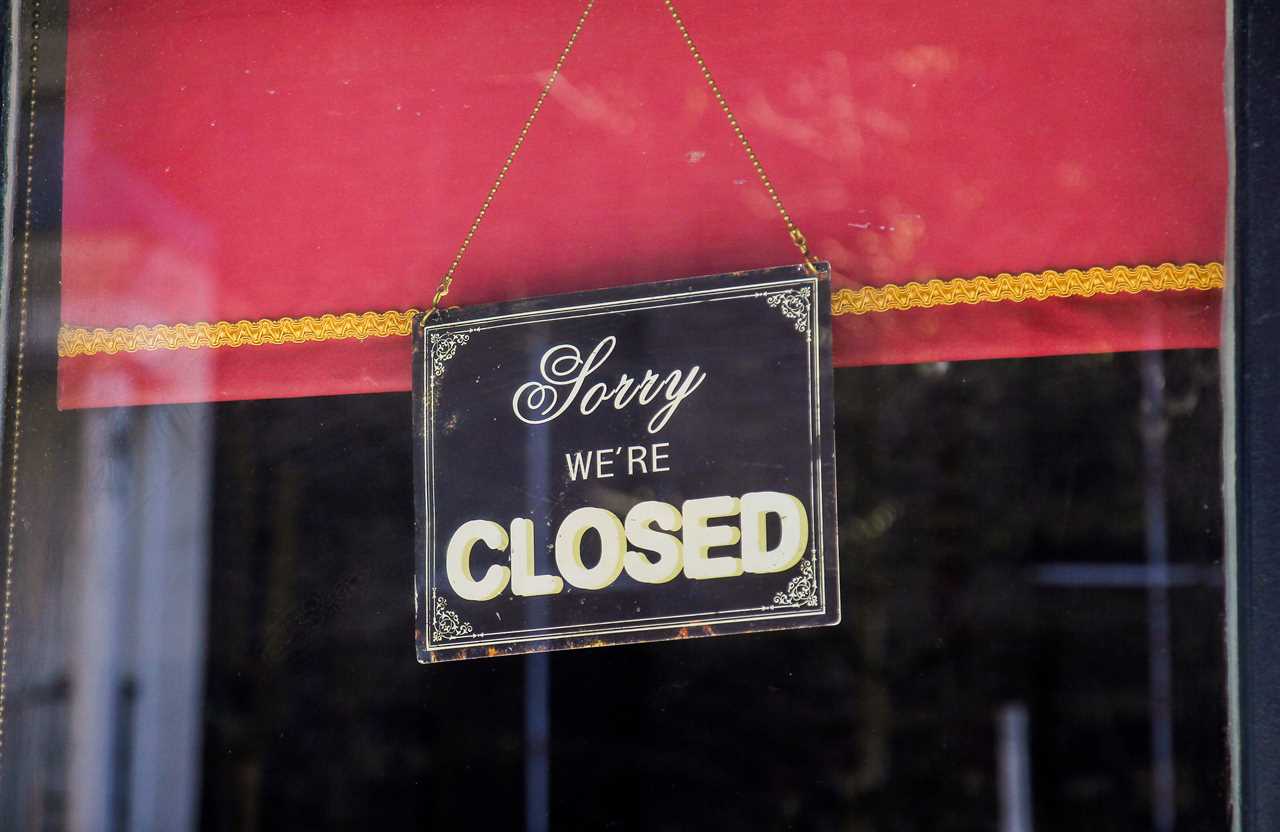
Audio Summary of the Article
A Final Farewell to Refill's Sustainable Mission
Residents of Chelmsford bid a heartfelt goodbye to Refill, the cherished environmentally-friendly store that has been a staple of the community since August 2020. The closure, announced mid-April, marks the end of an era for those committed to sustainable shopping practices.
Years of Dedication Under Financial Strain
Refill was founded during the challenging times of the pandemic, offering a unique shopping experience focused on bulk, unpackaged items. Customers could purchase small quantities as refills, reducing packaging waste and promoting eco-conscious living. Despite its noble mission, the store struggled financially from the outset.
New Ownership Buoys Refill's Hope
In January 2023, new owners Russell Betts, Danielle Cottee, and Andy McAlonan took over the reins from the original directors, Jan and Pete. Their passion injected new life into Refill, allowing it to operate for an additional two years. However, escalating financial difficulties this year made it unsustainable to continue.
Heartfelt Goodbye from the Owners
The trio shared their sorrow on social media, expressing their deep regret over the closure. “It’s with heavy hearts that we share some difficult news—Refill will be closing its doors,” the post began. They detailed the relentless financial challenges and personal commitments that hindered their ability to keep the store running.

Community Reacts with Support and Sadness
Local patrons flooded social media with messages of support and disappointment. Many expressed their gratitude for Refill's contributions to sustainable living in Chelmsford. One loyal customer lamented, “Noooooooo!!!!! But this is where I buy all my hand soap, laundry liquid, washing liquid and pasta. Such an incredible shop.”
Reflection on Refill's Impact
Despite the closure, the owners highlighted the positive changes instigated by the store. Every refill and conversation about sustainability had a ripple effect, fostering a more environmentally aware community. “We are incredibly proud of what the shop has continued to achieve,” the owners stated.
The Final Days of Refill
Refill plans to sell off remaining stock by the end of April or until supplies are exhausted. Customers are encouraged to visit and say their goodbyes while supporting the final phase of the store’s operations. The owners hope that the spirit of Refill will inspire future ventures dedicated to sustainability.
Looking Ahead to a Greener Future
While Refill's physical presence in Chelmsford comes to an end, the vision it championed remains alive. The owners remain optimistic that similar initiatives will emerge, continuing the mission of reducing waste and promoting eco-friendly shopping habits. “We still believe in what Refill stands for, and perhaps there will come a time when a business like this can thrive again,” they shared.
Community's Last Salute to Refill
The closure of Refill is a poignant reminder of the challenges faced by small, sustainable businesses. As Chelmsford says goodbye to this beloved shop, the community reflects on the importance of supporting such ventures. The legacy of Refill will undoubtedly leave a lasting impression on those who valued its commitment to a greener future.
Frequently Asked Questions
What are the different types of money?
The main types of money include commodity money, which is based on physical goods like gold or silver; fiat money, which is government-issued currency not backed by a physical commodity; and digital currency, which exists electronically and is often decentralized, such as cryptocurrencies.
How can I improve my credit score?
To improve your credit score, make timely payments on all debts, reduce credit card balances, avoid opening unnecessary credit accounts, and regularly check your credit report for errors, disputing any inaccuracies. Maintaining a mix of credit types and keeping old accounts open can also be beneficial.
What is the role of central banks in the economy?
Central banks manage a nation's currency, money supply, and interest rates. They implement monetary policy to control inflation, stabilize the currency, and foster economic growth. They also serve as lenders of last resort to the banking system during financial crises.
What is the importance of financial literacy?
Financial literacy is essential for making informed decisions about budgeting, saving, investing, and managing debt. It empowers individuals to understand financial concepts, evaluate risks, and navigate complex financial products, leading to better financial stability and long-term wealth building.
How can I budget my money effectively?
To budget effectively, start by tracking your income and expenses to understand your spending habits. Set realistic financial goals, categorize your expenses, and allocate funds accordingly. Regularly review and adjust your budget to ensure it reflects your current financial situation and objectives.
What are the main functions of money?
The primary functions of money are as a medium of exchange, facilitating trade; a unit of account, which provides a standard measure of value; a store of value, allowing individuals to save and transfer purchasing power over time; and a standard of deferred payment, enabling credit transactions.
How can I start saving for retirement?
To start saving for retirement, begin by establishing clear retirement goals and determining how much you need to save. Contribute to employer-sponsored retirement plans, such as a 401(k), and consider opening an Individual Retirement Account (IRA). Regular contributions and taking advantage of compounding interest can significantly boost your retirement savings over time.
Statistics
- According to a Gallup poll, 56% of Americans report that their financial situation is better than it was a year ago.
- The average cost of raising a child in the U.S. is estimated to be around $233,610, according to the U.S. Department of Agriculture.
- In 2020, the average retirement savings for Americans aged 60 to 69 was approximately $195,000, according to Fidelity.
- According to a survey by the Financial Industry Regulatory Authority (FINRA), about 66% of Americans could not correctly answer four basic financial literacy questions.
- The average return on investment for the S&P 500 over the past 90 years is about 10% per annum.
- A report by Bankrate indicated that only 29% of Americans have a written financial plan.
- As of 2021, the average American household had approximately $8,400 in credit card debt, according to Experian.
- Research by the National Bureau of Economic Research found that individuals who receive financial education are 25% more likely to save than those who do not.
External Links
How To
How To Start Investing for Beginners
Starting to invest can be daunting, but it is a crucial step towards building wealth. Begin by setting clear financial goals, such as saving for retirement or a major purchase. Educate yourself on different investment options, including stocks, bonds, mutual funds, and ETFs. Consider starting with a brokerage account that offers user-friendly platforms and educational resources. Diversify your investments to reduce risk, and consider low-cost index funds or robo-advisors if you prefer a hands-off approach. Make regular contributions, and resist the temptation to react to market fluctuations. Over time, compound interest will help your investments grow significantly.
 PoliticsRoyaltySoap OperaGamingMoneyPrivacy PolicyTerms And Conditions
PoliticsRoyaltySoap OperaGamingMoneyPrivacy PolicyTerms And Conditions
